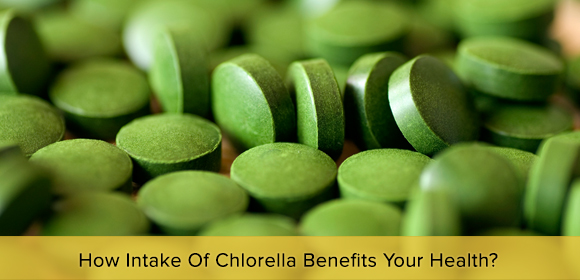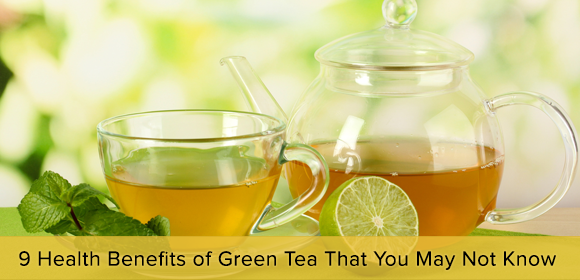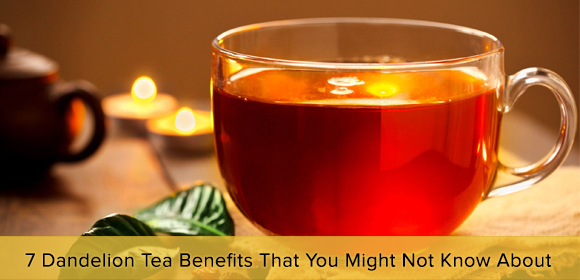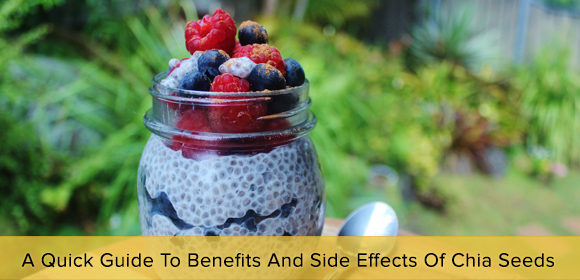Did you know that a typical Australian eats 2 kilograms of food additives every year? These are leading to learning and behavioral challenges in children and food intolerances. Organic food means about 25% more dietary value and consists of one-third of anti-cancer antioxidants when compared to non organic foods.
WHAT DOES ORGANIC MEAN?
Organic food or natural food implies that absence of artificial chemical pesticides, fertilizers or growth hormones, and no modified substances, have been utilized in creating the final product. Generally, you get apples and oranges, vegetables and meat that have been naturally cultivate
Organic farming implements crop rotation rather than chemical manures to maintain health of soil. They additionally utilize common pest control frameworks rather than terrible pesticides and provide animals more space to live and wander, as opposed to packing them into little cages— the animals from natural ranches are given higher welfare benchmarks. With everything taken into account, organic means healthier internal parts, a cleaner environment and more humane conditions for cultivated animals.
WHY CONSUME ORGANIC FOODS?
Actually, first off all the synthetic free bit is interesting. Consuming organically grown foods or vegetables straight from the market is significantly all the more interesting. Require some more reasons to convince? Studies have demonstrated that organic produce comprises more minerals, vitamins, chemicals and micro-nutrients than ordinary cultivating produce, which means it’s better for you. Another study via analysts at the University of Washington in the US have now additionally uncovered that kids who consume more organic foods are uncovered from six to nine times less poisonous pesticides than those children sustained a customary eating regimen.
HOW MUCH ORGANIC FOOD WILL IT SET YOU BACK?
Lamentably, going organic is not the wallet-accommodating alternative. This is on the grounds that natural products are more defenseless against irritations and illness, which implies more cost for the rancher and eventually, more cost for the customer. Natural cultivating is highly labor intensive, while organic foods are more costly, again hitting buyers’ hip pockets.
At the same time paying little respect to the price tag, numerous health cognizant customers are as of now eager to pay the cost for better produce — and to help organic cultivating systems that are better for the nature.












Leave a comment
You must be logged in to post a comment.